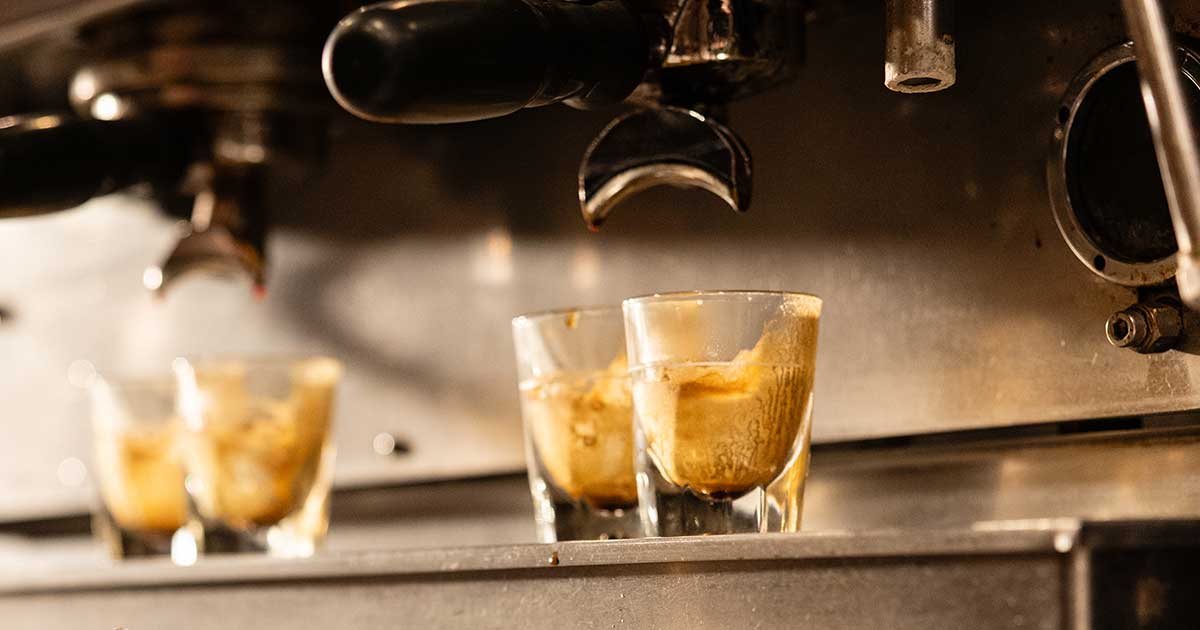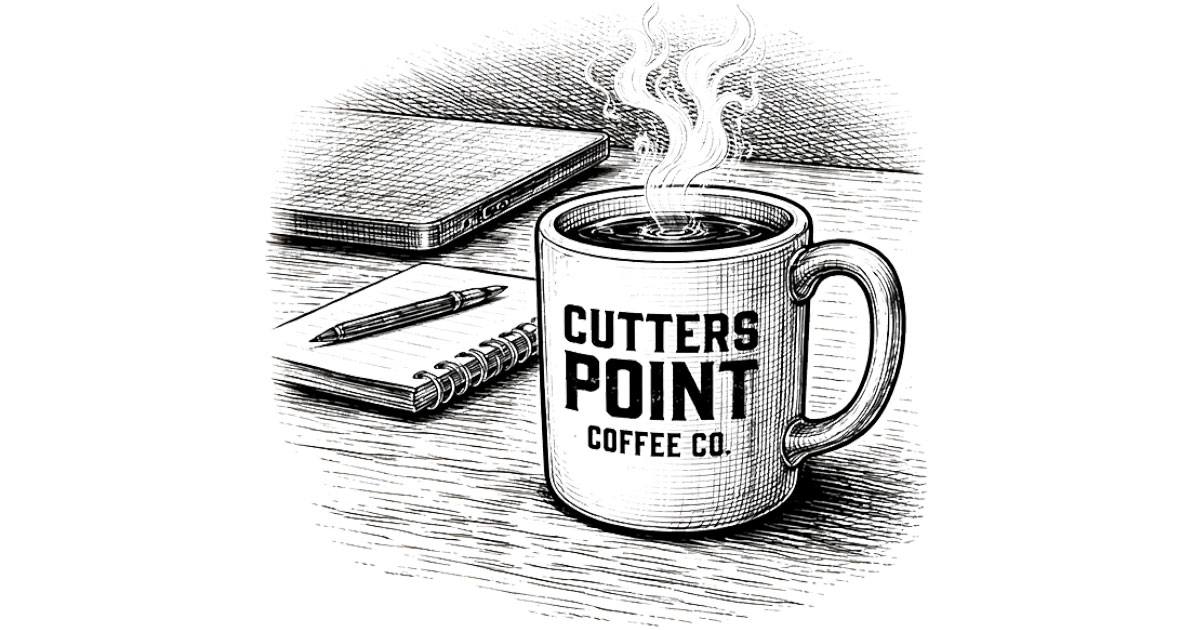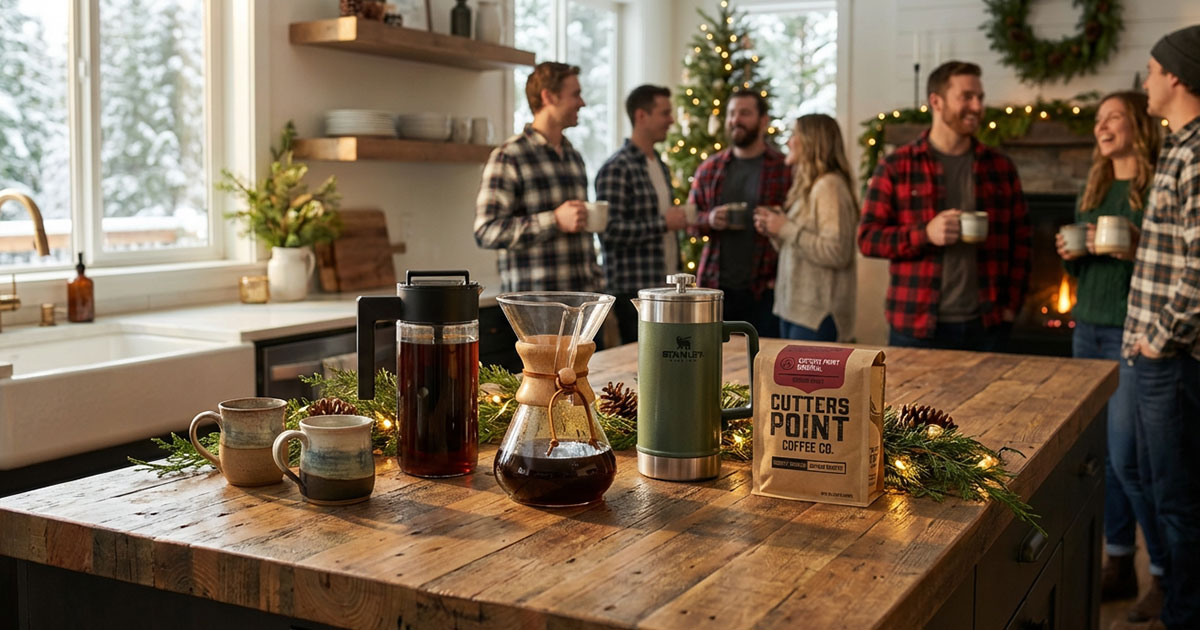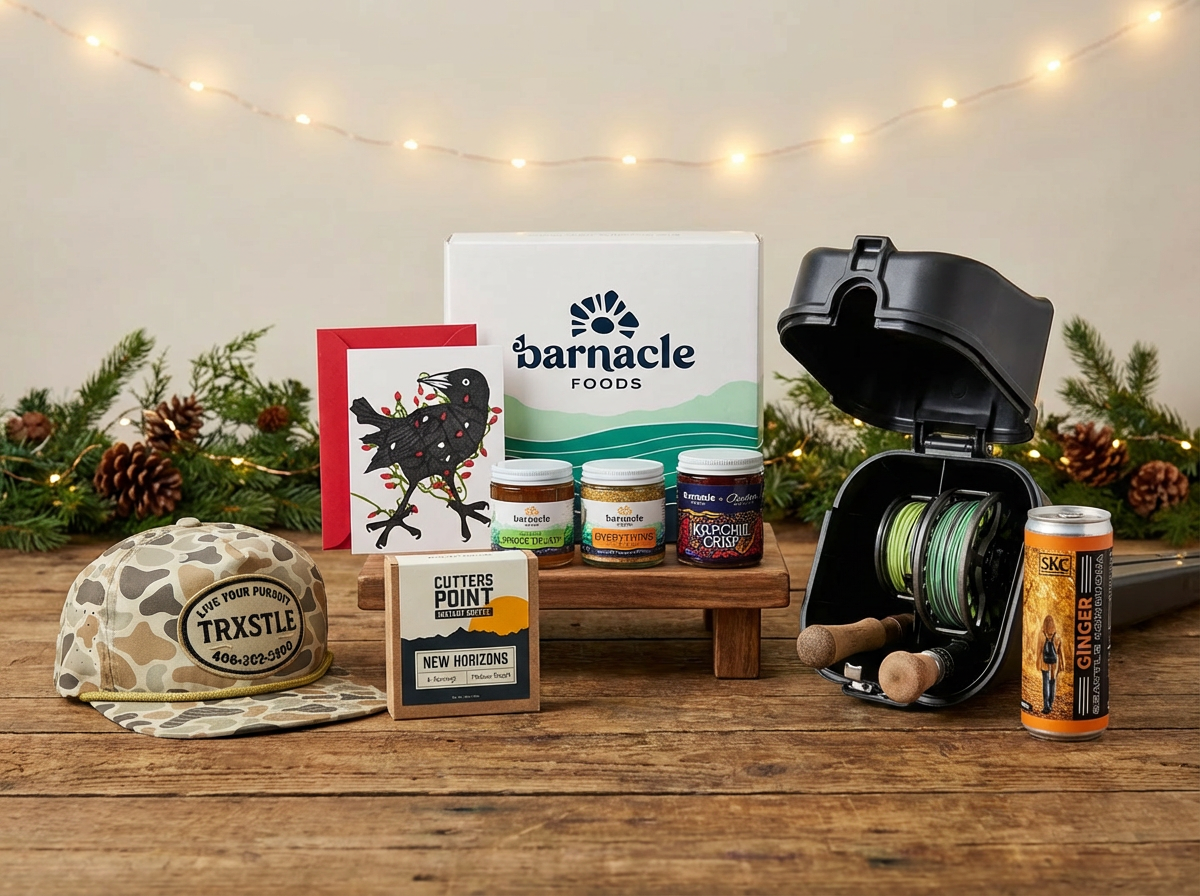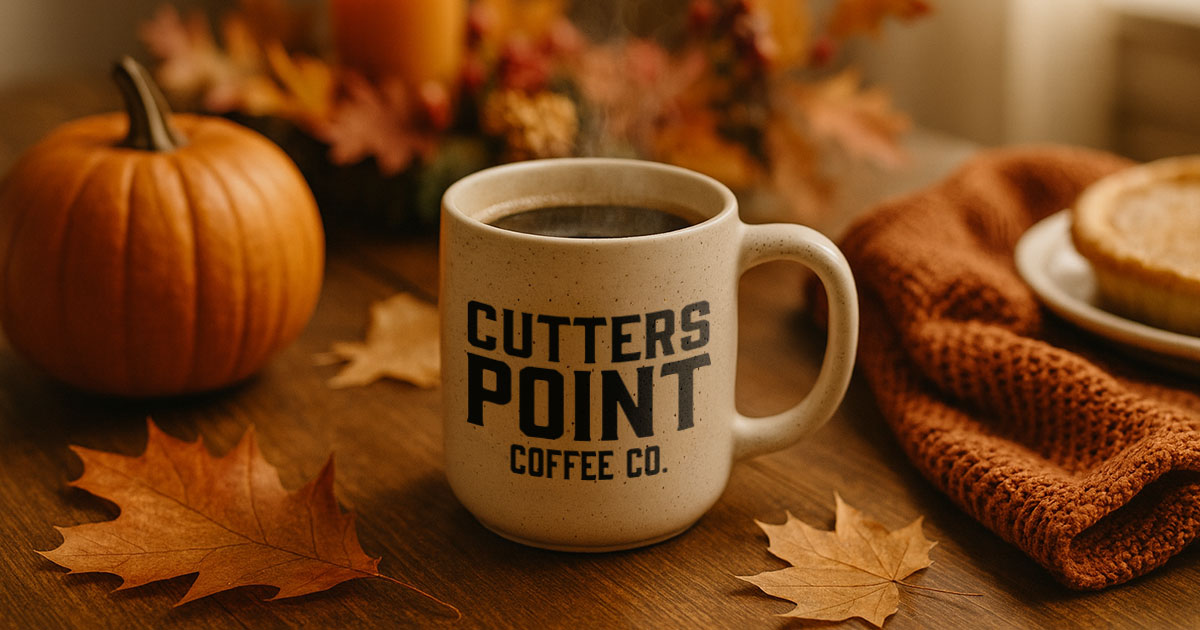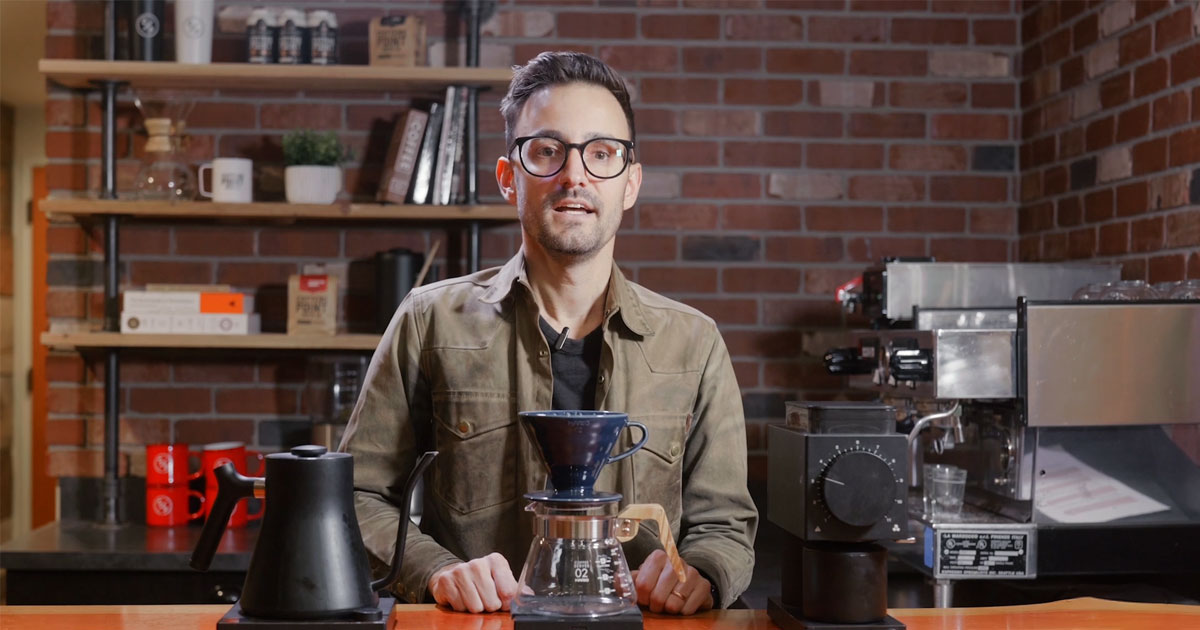Specialty Wholesale Coffee vs. Bulk Coffee | Cutters Point Coffee
What Makes Specialty Wholesale Coffee Different from Bulk Coffee?
Why quality, story, and partnership matter more than price per pound.
Introduction
If you run a café, restaurant, or coffee stand, you’ve probably faced the same question every coffee buyer eventually does: Is specialty wholesale coffee really worth it, or is bulk coffee “good enough”?
At first glance, both come in big bags, both are labeled “100% Arabica,” and both promise a smooth cup. But that’s where the similarities end.
Behind every pound of specialty coffee is a deliberate choice: a commitment to quality, sustainability, and the people who make coffee what it is. Bulk coffee, on the other hand, is built for scale, not flavor. It’s coffee by the truckload, not the story.
At Cutters Point Coffee, we believe cafés deserve more than just beans. You deserve a partner who helps you serve something remarkable—coffee that brings customers back again and again.
Let’s break down exactly what makes specialty wholesale coffee stand apart from bulk coffee and why that difference matters for your bottom line.
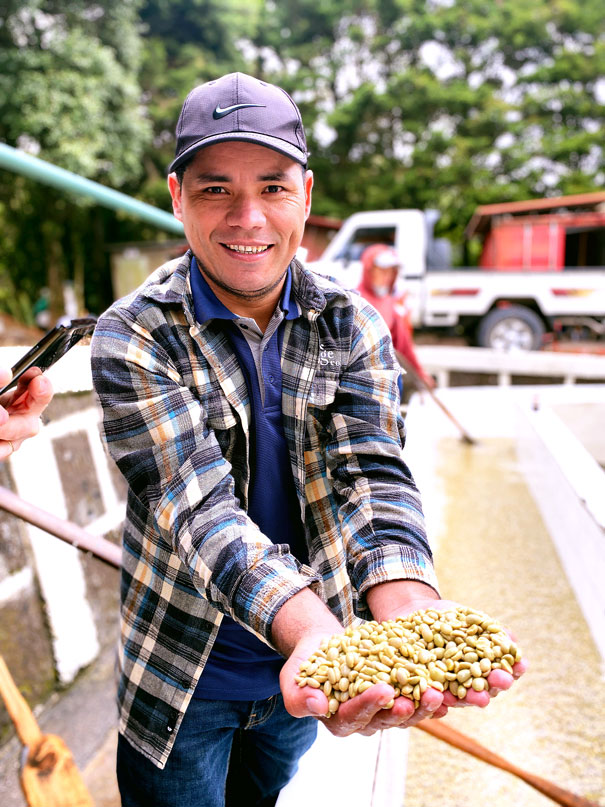
Defining “Specialty” in Wholesale Coffee
The term specialty coffee isn’t just marketing fluff; it has a real definition. According to the Specialty Coffee Association (SCA), specialty coffee must score 80 points or higher on a 100-point quality scale based on flavor, aroma, body, and balance. Only about 5–10% of the world’s coffee meets that standard.
Specialty coffee begins at the farm. Growers invest in cultivating high-quality Arabica varietals at precise elevations, often handpicking cherries at peak ripeness. Each step, from harvesting to processing, is handled with care to preserve flavor and integrity.
For wholesale partners, that commitment translates directly into the cup. At Cutters Point, we work with trusted importers like Atlas Coffee who share our values and maintain strong relationships with producers at origin. Through these partnerships, we’re able to source ethically grown, high-quality coffees that reflect care at every step—from the farm to your café.
Bulk coffee, by contrast, often blends beans from multiple regions or even countries to hit a price point. It’s about volume, not verity. The result is a cup that’s serviceable but forgettable.
Choosing specialty wholesale coffee means choosing traceability, consistency, and integrity, the very traits that define a café’s reputation.
How Bulk Coffee Differs and What You Miss Out On
Bulk coffee has its place. It’s inexpensive, widely available, and easy to buy by the pallet. But when you look closer, the trade-offs are hard to ignore.
1. Quality is inconsistent.
Bulk coffee typically comes from large-scale commodity exchanges where beans are bought and sold in massive quantities. They’re roasted in huge batches designed for speed and uniform color, not flavor precision. The result is coffee that tastes fine one week and flat the next.
2. Freshness takes a back seat.
To manage those volumes, bulk suppliers often roast months in advance, storing coffee in warehouses until orders come in. By the time it reaches your café, much of the aroma and brightness that define a great cup are already gone.
3. Limited traceability and transparency.
Bulk suppliers often provide little to no information about where their coffee was grown or how it was processed. In contrast, specialty importers and roasters maintain traceable supply chains, often sourcing from regional cooperatives that prioritize quality and sustainability. This level of transparency helps cafés trust what they’re serving and confidently communicate quality to their customers.
4. Limited brand differentiation.
When every café down the street can order the same bulk beans, your coffee loses its uniqueness. Specialty wholesale programs, by contrast, allow you to feature blends or single origins that match your style and your customers’ palates.
Ultimately, bulk coffee is built for mass distribution, not meaningful experience. It may fill your hopper, but it won’t fill your café with loyal customers.

The Small-Batch Advantage
When it comes to wholesale coffee, how it’s roasted makes all the difference. At Cutters Point, we roast in small batches (try them here), and that’s not just a romantic artisan phrase. It’s a method that gives cafés consistency, control, and quality that bulk operations can’t match.
1. Precision in every roast.
Small-batch roasting means each batch is closely monitored and adjusted by skilled roasters. Variables like temperature, airflow, and development time are fine-tuned to highlight each bean’s natural sweetness, body, and complexity. The result is balance in the cup and predictability behind the bar.
2. Fresher beans, better flavor.
Because we roast for demand, not inventory, our wholesale partners receive coffee at its peak freshness. That means richer aromatics, cleaner flavor, and longer-lasting shelf life. Freshness isn’t just about taste; it’s about value. Fresher beans brew more consistently and waste less, saving cafés time and money in the long run.
3. Custom blends that fit your identity.
No two cafés are the same, and your coffee shouldn’t be either. Small-batch roasting allows us to create custom blends tailored to your flavor goals, whether you’re after a bold espresso with deep chocolate notes or a bright, fruit-forward drip profile. It’s the kind of personalization you’ll never get from bulk suppliers.
Small-batch roasting isn’t just about smaller quantities; it’s about bigger impact. More care, more freshness, and a partnership built around your success, not just your order volume.
More Than Beans: Building a Wholesale Partnership
When you partner with a specialty roaster, you’re not just buying coffee. You’re gaining a teammate invested in your café’s success. At Cutters Point, our wholesale relationships are built on support, collaboration, and shared values, not contracts and invoices.
1. Training that builds confidence and consistency.
Even the best coffee in the world can fall flat without skilled hands behind the bar. That’s why we offer world-class barista training for our wholesale partners, covering everything from espresso extraction to milk texturing and flavor calibration. Your team doesn’t just learn how to make coffee; they learn how to make your coffee shine.
2. Marketing materials that keep your brand fresh.
Every quarter, we create marketing assets and seasonal content for our wholesale partners to help you promote new offerings, engage your community, and keep your café visually fresh. From in-store signage to social-ready graphics, we make it easy to stay on-brand and on-trend without hiring a design team.
3. Personalized support that scales with you.
Whether you’re opening your first drive-thru or managing multiple locations, our wholesale program adapts to your needs. We work with you to forecast demand, manage inventory, and tailor offerings to match your regional audience.
4. Shared values from seed to cup.
We partner with coffee growers who share our commitment to ethical sourcing and community impact. That same care extends to our wholesale partners. We succeed together when your customers love what’s in their cup.
Our goal isn’t to sell coffee. It’s to help cafés build something lasting: consistency, connection, and a brand people trust.
Why Specialty Coffee Pays Off Long-Term
Running a café isn’t just about serving good coffee; it’s about building a brand that people remember. And the truth is, customers can taste the difference between coffee that’s been carefully crafted and coffee that’s been mass-produced.
1. Quality drives loyalty.
A consistent, memorable cup keeps customers coming back. Specialty coffee delivers distinct flavor profiles that become part of your café’s identity—something your guests will tell their friends about, post on social media, and drive across town to experience again.
2. Perceived value builds pricing power.
When your coffee tastes exceptional and your story is authentic, customers are willing to pay more for it. Specialty coffee lets you confidently price your drinks for the quality you’re offering, improving profit margins without increasing volume.
3. Aligning your brand with integrity.
More than ever, customers care about where their coffee comes from. By serving ethically sourced, small-batch roasted coffee, you’re aligning your brand with transparency and responsibility. That story resonates and sets you apart from competitors selling nameless, faceless blends.
4. Long-term savings through consistency.
Specialty coffee doesn’t just perform better; it performs predictably. When your beans are consistent, your staff wastes less product dialing in espresso or remaking drinks. That means less waste, smoother operations, and a healthier bottom line.
At Cutters Point, we see specialty coffee as an investment, not an expense. When your coffee program reflects care, customers notice. And when customers notice, your business grows.
How to Transition from Bulk to Specialty Coffee
If you’re ready to elevate your coffee program but aren’t sure where to start, the good news is, it’s easier than you think. Shifting from bulk to specialty wholesale coffee doesn’t have to mean overhauling your entire menu overnight. It just takes intention, planning, and the right partner.
1. Audit your current coffee program.
Take stock of what’s working and what’s not. Look at your best-selling drinks, taste consistency, and customer feedback. Often, cafés find that their “regulars” are loyal despite the coffee quality, not because of it. That’s where specialty coffee can create real momentum.
2. Start with one feature roast or blend.
Introduce a standout coffee to your lineup, something that shows your guests what great coffee can taste like. It could be a seasonal single origin or a balanced espresso that lifts your signature drinks. Specialty coffee sells itself once customers experience the difference.
3. Train your team for the transition.
Specialty coffee shines brightest when it’s brewed with care. Use the transition as an opportunity to retrain or refresh your baristas’ skills. Our training sessions help teams understand flavor profiles, extraction, and milk pairing so every cup matches the coffee’s potential.
4. Tell the story.
People connect with purpose. Share where your coffee comes from, why you chose your roaster, and what that means for your customers. Transparency builds trust, and trust builds loyalty.
Ready to Taste the Difference?
At Cutters Point Coffee, we don’t just sell beans; we help cafés grow.
From ethically sourced coffee and hands-on training to quarterly marketing support, we make it easy to elevate your coffee program and build a brand your customers remember.
👉 Join our Wholesale Coffee Program and start serving something worth talking about. Learn more about us here.
keep reading
Get our latest brewing guide videos


and the stories behind the coffee
in your inbox


Get our latest brewing guide videos and the stories behind the coffee in your inbox



